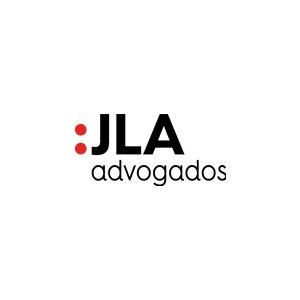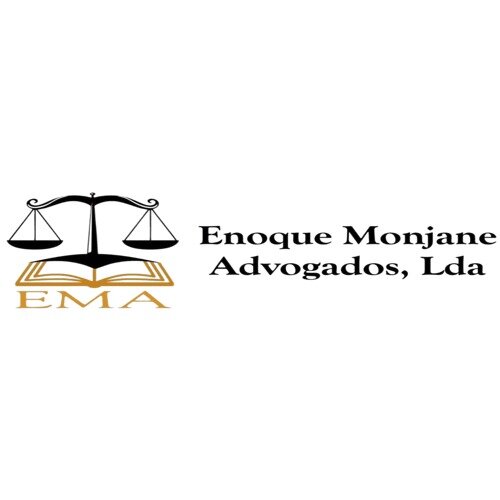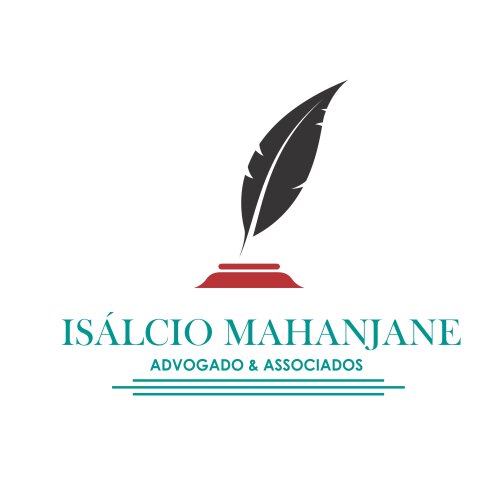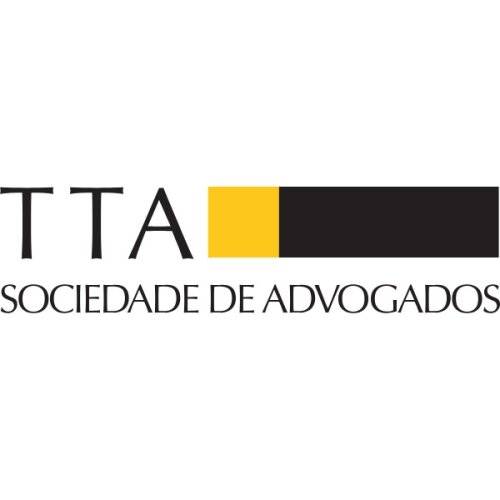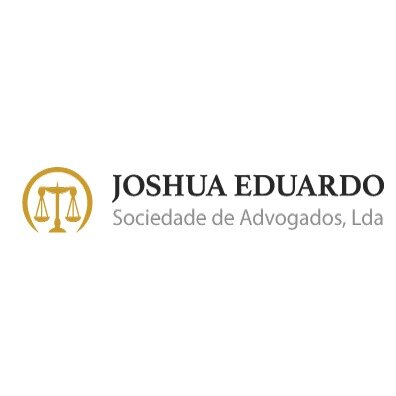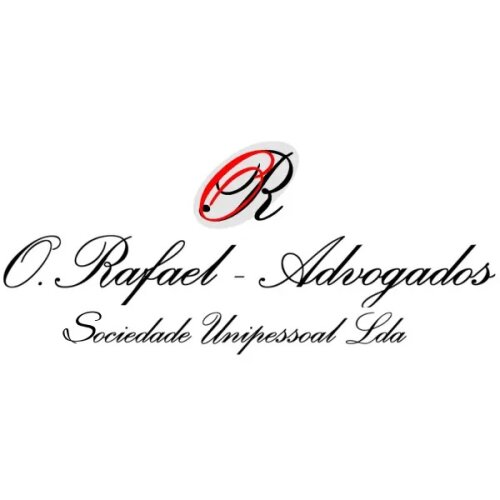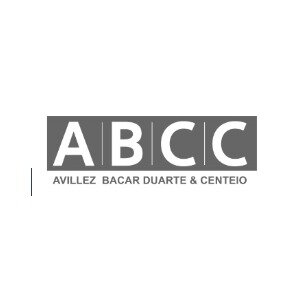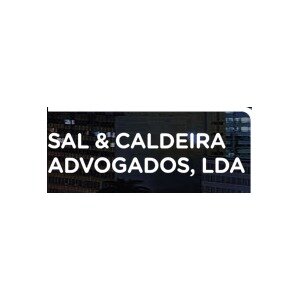Best Water Law Lawyers in Maputo
Share your needs with us, get contacted by law firms.
Free. Takes 2 min.
List of the best lawyers in Maputo, Mozambique
About Water Law in Maputo, Mozambique
Water Law in Maputo, Mozambique refers to the body of legal rules and regulations that govern the use, management, distribution, and protection of water resources within the city and the wider country context. Given Mozambique’s geographical location and its reliance on vital water resources such as rivers, lakes, and groundwater, the regulation of water is essential for domestic use, agriculture, industry, and environmental conservation. Water Law in Mozambique is primarily embodied in the Water Law Act (Lei de Águas) and associated regulations, which allocate water usage rights, establish agencies responsible for water governance, and set standards for conservation and pollution control. In Maputo, as the capital and largest city, effective water management is critical to address the challenges of rapid urbanization, sanitation, and access to clean water.
Why You May Need a Lawyer
Legal issues surrounding water are often complex and can impact individuals, businesses, and communities. People in Maputo may require legal help in the field of Water Law for several reasons, including:
- Disputes over water access or allocation among neighbors, communities, or businesses
- Compliance with environmental and water quality standards for wastewater and industrial discharges
- Land development projects requiring permits for water extraction or infrastructure (such as wells, boreholes, or pipelines)
- Water pollution incidents and liability issues
- Negotiating water rights for agricultural activities or commercial enterprises
- Government enforcement actions or penalties for unauthorized water use
- Securing rights to protected or shared water resources
- Advising on concessions or partnerships involving public and private water supply
A lawyer specialized in Water Law can help interpret regulations, represent you in disputes, ensure compliance, and protect your interests when dealing with water authorities or other parties.
Local Laws Overview
In Maputo, Water Law is guided by Mozambique's national Water Law (Law No. 16/91), various ministerial decrees, and local municipal regulations. Some key legal aspects include:
- Water is declared a public good under the law, with the state retaining ultimate authority over allocation and management
- All significant water use, including drilling wells, large-scale irrigation, or industrial extraction, generally requires prior licensing or concession from the government
- Individual or community uses of water for subsistence may be permitted without formal licenses, but only within statutory limits
- Protection of water quality is emphasized, prohibiting unlicensed discharge of pollutants into water bodies and mandating treatment of industrial wastewater
- Regulation of water supply services, including the roles of public utilities and private operators, is overseen by entities such as the Water Regulatory Council (CRA) and municipal authorities
- Penalties exist for violations, including fines, suspension of water use rights, or in severe cases, criminal charges for environmental harm
Regulatory compliance, land use planning, and environmental impact assessments often intersect with Water Law in the context of Maputo’s urban and peri-urban areas.
Frequently Asked Questions
What is considered a water right in Mozambique?
A water right is a legal authorization to use water from a specific source for a defined purpose, such as domestic use, agriculture, or industry. In Mozambique, significant uses require permits or concessions from designated authorities.
Do I need a permit to drill a well on my property in Maputo?
Yes, drilling a borehole or well for non-domestic purposes or significant water extraction typically requires prior authorization from local water authorities. Domestic or minor use may be allowed without a formal permit, but local regulations should be consulted.
Who regulates water supply in Maputo?
The Water Regulatory Council (Conselho de Regulação de Águas - CRA), in partnership with the municipal government and designated public or private operators, oversees water supply services in Maputo.
What can I do if I suspect water pollution by a neighbor or business?
You can report suspected pollution to city authorities or the National Directorate of Water. Legal remedies may be available, including injunctions, fines, or compensation depending on the circumstances.
Is water considered public or private property in Mozambique?
All water is declared a public good under Mozambican law. Individuals or entities can only obtain rights of use and may not claim private ownership of water sources.
Can I transfer my water use rights to another person?
Water use rights may be partially transferrable, but such transfers typically require authorization from the relevant authority, especially for licensed or concession-based water uses.
Are there penalties for using water illegally in Maputo?
Yes, fines and other administrative sanctions may apply for unauthorized water extraction, pollution, or violations of water use conditions. Severe or repeated offenses may lead to suspension of rights or criminal charges.
What is the process to obtain a water use concession?
Applicants must submit a request to the competent authority, outlining the intended use and environmental considerations. Public consultation and impact assessments may be required before a concession is granted.
How is water rationed during droughts or shortages?
Authorities may prioritize essential uses such as drinking water and sanitation. Temporary restrictions on irrigation or industrial uses can be imposed to manage scarce resources.
Can I challenge a water allocation or permit denial?
Yes, you have the right to appeal administrative decisions regarding water rights or allocations. Legal representation is recommended to navigate the appeal process effectively.
Additional Resources
If you need more information or assistance, the following resources may be helpful:
- National Directorate of Water (Direcção Nacional de Águas - DNA) - The primary government body overseeing water policy and resource management
- Water Regulatory Council (CRA) - Regulatory authority for urban and municipal water services
- Ministry of Public Works, Housing, and Water Resources - Responsible for infrastructure and water sector policy
- Environmental Advocacy Organizations such as national NGOs involved in water resource protection and community advocacy
- Local Law Firms and Legal Aid Services specializing in environmental, land, and water law
- Maputo Municipal Council - Municipal authority with regulatory power over local water distribution and sanitation services
Next Steps
If you require legal assistance in Water Law in Maputo, consider the following steps:
- Identify the specific nature of your water-related issue or dispute
- Gather all relevant documentation, such as permits, official correspondence, and any evidence of the problem
- Contact an attorney or law firm with expertise in Water Law and environmental regulation in Mozambique
- Consult with the appropriate governmental body or regulatory authority for guidance on procedures and responsibilities
- If necessary, seek a formal legal opinion or file an appeal with help from your lawyer
- Stay informed about your rights and obligations under local and national law to ensure compliance and protect your interests
A specialized lawyer can offer strategic advice, represent you in negotiations with authorities or third parties, and help you navigate the administrative and judicial processes effectively.
Lawzana helps you find the best lawyers and law firms in Maputo through a curated and pre-screened list of qualified legal professionals. Our platform offers rankings and detailed profiles of attorneys and law firms, allowing you to compare based on practice areas, including Water Law, experience, and client feedback.
Each profile includes a description of the firm's areas of practice, client reviews, team members and partners, year of establishment, spoken languages, office locations, contact information, social media presence, and any published articles or resources. Most firms on our platform speak English and are experienced in both local and international legal matters.
Get a quote from top-rated law firms in Maputo, Mozambique — quickly, securely, and without unnecessary hassle.
Disclaimer:
The information provided on this page is for general informational purposes only and does not constitute legal advice. While we strive to ensure the accuracy and relevance of the content, legal information may change over time, and interpretations of the law can vary. You should always consult with a qualified legal professional for advice specific to your situation.
We disclaim all liability for actions taken or not taken based on the content of this page. If you believe any information is incorrect or outdated, please contact us, and we will review and update it where appropriate.



